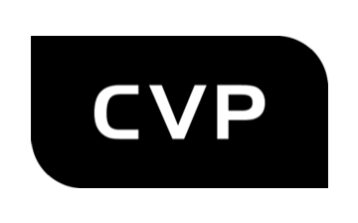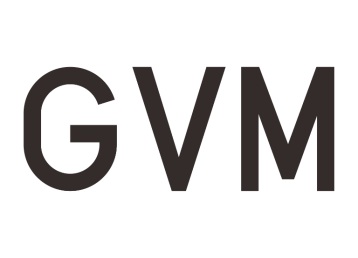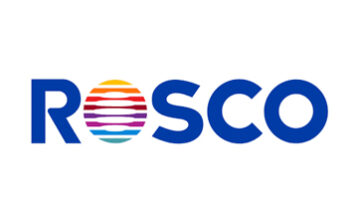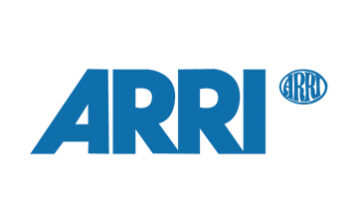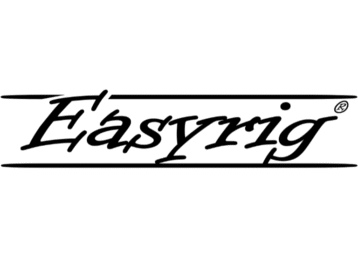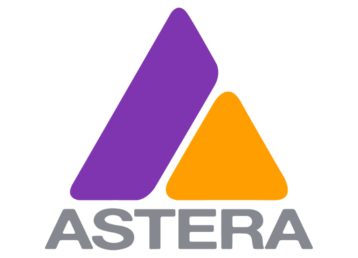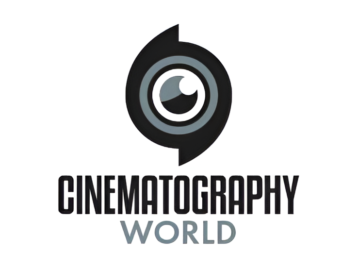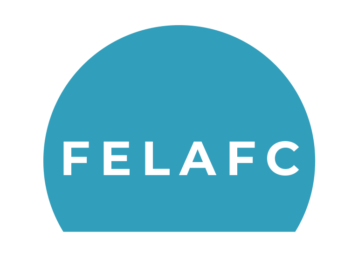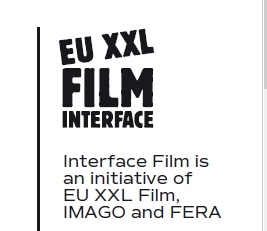
The IMAGO Committee for social dialogue and working conditions has been working around issues concerning not only cinematographers but all film artists in the Audiovisual sector. A few steps have been recently taken.
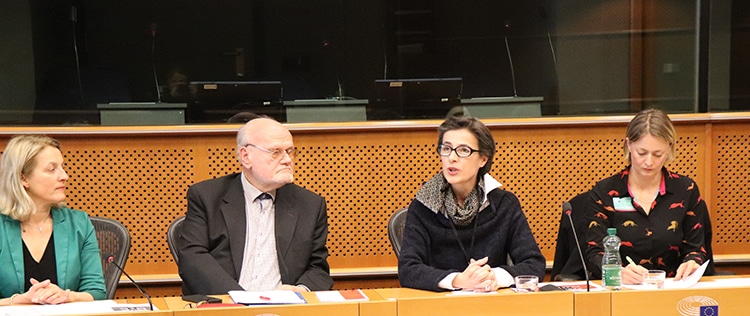
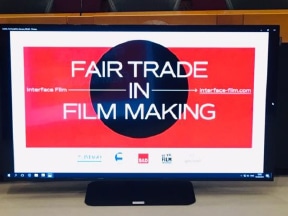 – EP event hosted by MEP Evelyn Regner discussing working conditions in the EU audiovisual sector
– EP event hosted by MEP Evelyn Regner discussing working conditions in the EU audiovisual sector
1 April 2019
Interface Film – an initiative of EU XXL – in partnership with FERA, IMAGO and YOUNION organized a panel on working conditions in the EU audiovisual industry. The event was hosted by Austrian S&D MEP Evelyn Regner and emphasized the importance of establishing fair framework conditions on a European level, regarding working conditions, social benefits, gender equality, minimum remuneration and distribution networks. It discussed proposals and practical solutions to improve the different national systems at a European level, which could be groundbreaking in tackling unfair working conditions in the EU audiovisual industry as well as new social challenges posed by the digital era on the working environment in general.
The panel took place on April 1st at the European Parliament in Brussels and it featured interventions from speakers MEP Evelyn Regner, Mercedes Echerer (EU XXL), Zora Brachman (Interface Film), Pauline Durand-Vialle (FERA), Kurt Brazda (IMAGO/ AAC) and Johannes Studinger (UNI MEI).
FERA presented the final results of the first-ever study on the remuneration and socio-economic profile of European audiovisual authors, underlining indicators of unpaid work, long hours, difficulties in finding a work/life balance, low pay, limited access to social benefits as freelancers, unstable income and overall unsustainable careers.
FERA noted the importance of public funding as a vector of fairness in the European audiovisual sector, and insisted on the need for more data on employment in the sector to raise awareness on working conditions with policy-makers, as well as the essential importance to ensure a proper right to representation for creative freelancers in the sector.
FERA kindly thanks MEP Evelyn Regner for hosting the event, organizing partners Interface Film – EU XXL, IMAGO and YOUNION, and all speakers and participants for their interest and involvement in the event.
It has been an initiative of Interface Film to create a platform of different sectors of creatives of audiovisual to claim better working conditions, of course pushed by Kurt Brazda AAC. The goal with this first important step was to finalize the “VIENNA DOCUMENTS”, to develop solution-oriented proposals for improving and networking the various national systems at a European level, which are intended to influence shaping the European Union’s film policy for the 2019-24 and onwards legislative periods. The VIENNA DOCUMENTS intends to improve the social situation of the film artists by demanding new economic parameters for filmmaking.
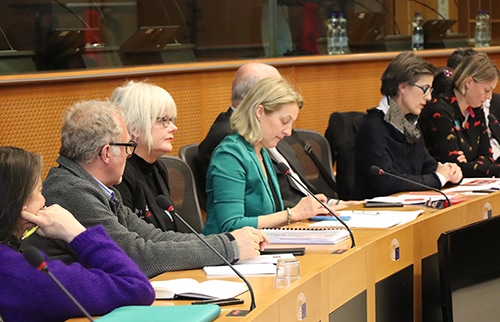 The Vienna Conference which was followed by other previous meetings took place in the end of January 2019, and consisted of, apart from representatives from FERA and IMAGO, also representatives from European societies of actors, producers, writers, production and costume designers, editors, financers and distributors.
The Vienna Conference which was followed by other previous meetings took place in the end of January 2019, and consisted of, apart from representatives from FERA and IMAGO, also representatives from European societies of actors, producers, writers, production and costume designers, editors, financers and distributors.
The wide variety of participants was useful to be able to gather as many views on as many challenges as possible, and to have one as broad platform of creatives group behind the propositions in order to have one voice to present in the EU parliamentarians. The organization and compilation of all documents were taken by Mercedes Escherer and her team and company EUXXL/Schnittstelle.
In consequence of these meetings, IMAGO Working Conditions Committee, led by Kurt Brazda, along with other representatives of IMAGO, EUXXL and FERA met EU Parliament ministers and representatives, to present the conclusion of the Vienna Papers to the EU politicians, lobbying to the EU Ministers the necessity to seriously take the Conference conclusions into consideration when the new European Union media support policy soon is to be shaped for the 2019-2024 and onwards legislative periods.
Below is the transcription of Kurt Brazda’a speech addressing to the EU parliamentary representatives concerning the working conditions of hundreds of Audiovisual workers in Europe. It is urgent to look at the precarious situation of many workers and families in the field.
The conclusions can be read HERE – The Vienna Documents
Kurt Brazda’s chairman of the IMAGO Working Conditions comittee speech in the EU Parliament
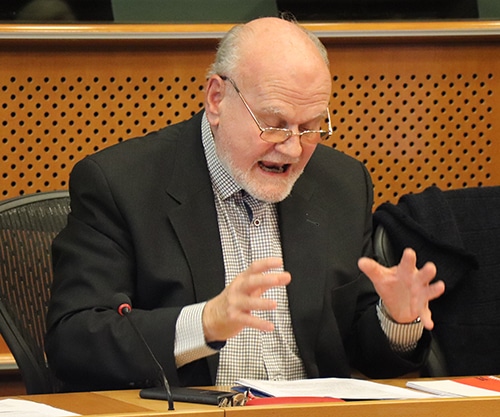 Ladies and Gentlemen!
Ladies and Gentlemen!
Please imagine 3 realities of life of European citizens.
1. A young man of North African descent living in a French suburb, workless without any perspective.
2. A single mother somewhere in Slovakia, who has to feed her children and herself with cumulation of precarious work or poorly paid 24-hour care for the elderly in Austria.
3. An elderly man, long-term unemployed, who could no longer pay his rent and ends up homeless on the streets of a city somewhere in Europe
Three destinies, to be found thousands in Europe. Do we really believe that we can convince these three people of the merits and advantages of the European Union?
At the moment we have no chance. It doesn´t work. Why: Because the EU lacks an effective social agenda. Acceptance among the European population therefore leaves much to be desired. Leaving people behind creates biotopes for populists who want to destroy Europe and its values. I quote Evelyn Regner: Europe will be social or it will not be.
When we filmmakers address the bad working conditions of our industry here in the EU Parliament today, we know, that we have a lot of allies in many other professions. The working environment in film and audiovisual production is the exact blueprint of a current and future work. As filmmakers, we also have a high degree of social responsibility towards the countless other victims of an increasingly inhuman world of work. We feel a solidarity with these people. We want to encourage them to get up and, following our example, confront the EU Parliament also with their unbearable situation.
What do we mean with UNBEARABLE?
The audiovisual industry is therefore a kind of avant-garde in terms of the new world of work. For many years, we have experienced what now spreads pandemic to all sectors: fragmentation and hybrid work, flexicurity to self-abandonment, self-exploitation at the expense of the family, gender gap, precariousness, mutual cannibalization. Poor insurance coverage that creates a digital “Lumpenproletariat”, which comes dependent on social assistance.
Especially tragic: It mainly affects young people still partly in education.
Getting hardly an unpaid Internship, they know nothing about collective agreements, labor rights and unions. They start their careers in complete freedom, pure “bird freedom”. So, as things stand, they will never reach those waiting periods that fit into a social security system. Result: sliding into collective poverty! Therefor we practice a society that burns its youth on the altar of the market competition.
The work in the film business became more and more uncomfortable and undignified. Savings on subsidies and broadcasters are responsible for sensitive budget cuts in productions and generate working hours of up to 72 hours per week. Savings, whose real entitlement no one has yet questioned.
At a time when audiovisual content is in urgent need and immense money is earned, budget cuts cannot simply be accepted as a natural law. Resistance must lead to control here.
A recent study on the working and living conditions of filmmakers in Austria has shown that many team members remain singles because working conditions and remuneration do not allow the founding of a family. If they get sick, they stay in the workplace for fear of losing their job.
First, we have to be aware of the fact, that the controlling instruments of the last century are no longer functioning in this century. We still have collective agreements, but for how many are they still valid?
We now experience a blurring of distinction between subordinate employment and self-employment. This boundary will probably disappear completely in the future. A development. Ladies and Gentlemen, that needs urgent rethinking of labor and social security legislation.
The classic employment is considered an obsolete model, present and future are shaped by the “new dependence”. But what are the “new self-employed”? Are these people entrepreneurs?
They are definitely NOT: Like employees, they only market their skin, but with the difference, that they have no protection under labor law. It is a completely new form of work, for which the rules of the 20th century simply no longer fit.
I call them the NEW DEPENDENTS because they share this dependency with all employees and small and medium-sized companies. Because in the present brutal economy, more and more people are becoming dependent on fewer and fewer controlling corporations. However, NEW DEPENDENTS also share the increasing tendency towards a precariat. If we examine precariat to its literal meaning, then we get the following result: People begging to be paid at all, so that they can just survive. Receiving alms, nothing else! Should this model become the prototype of the working environment in this century?
Income of freelancer and self-employed does often not allow for social security coverage (health, unemployment and pension) to the same extend
that employees are covered within the national systems. Therefor EU should advocate for the need to focus on social security in all member states but also target a pan-European social security system that leaves no one behind!
We need minimum social standards all over Europe monitored by EU authorities.
Trade unions and workers’ chambers must finally consider these new self-employed as their logical clientele. If they don´t, they lead themselves into political insignificance. Existing Collective bargaining agreements must be supplemented with enforceable fee catalogs for self-employed. For same work, the same minimum wage has to be paid regardless of the type of contract. But competition rules must not be applied here, because it´s about safeguarding people without bargaining power. Unions have to face up to this challenge and to rethink. Politically, they have to be much more offensive than they are now. In our times of ruthless economies, we need strong trade unions making politics instead of managing defects.
Unions have also to be prepared for the future working reality of young people and make appropriate offers. I am not talking about CONSULTATION but about real REPRESENTATION in all the hardships to which they are exposed
On the other hand, in education we need to alert young people to their right to organize themselves in unions. As teacher in my university am doing so!
What is the elementary goal? It’s about giving the new dependents as well as the classical employees the bargaining power they can never develop alone against plutocrats like media companies, publishers, broadcasters, Google, Facebook. The classic front-line entrepreneur versus employee has long been obsolete. As dependent worker we all find ourselves in the same rough sea.
It’s about extending social and labor protection to all people, who have to market themselves, wherever they are. It is also about them to take away the fear, if they want to stand for their rights. A fear that is currently more than justified by black-listening. Isolation is the most perfidious method of disciplining people and separating them from their rights.
During our research at the conference in Vienna, we came across some “best practice” models of trade union representations, which are groundbreaking for the new world of work. The Commission and Parliament must therefore promote these unions politically and economically.
We filmmakers want to build a European solidary community for which we urgently need you, ladies and gentlemen, because social issues can no longer be solved unilaterally. In the paper we can present to you now you will find some clear demands, carefully considered. Calls for Parliament and the Commission not only to ensure a rich sustainable film and culture environment but also a social and humanitarian Europe for all its citizens. The former is not possible without the latter.
We stand for a new economy based on the common good and human dignity, which can only be realized by a strong European community. We do not just stay in theory, because our clear proposals are applicable also in many other professions. Solutions found for our segment could be fundamental to the entire working world. But we always have to make sure that nobody gets left behind. History teaches us, that this is the greatest danger to social peace.
Closing remarks:
Of course, unifying Europe under social law will be a long way to go.
But couldn´t we take the distance by small but purposeful steps?
Wouldn´t it be possible first to put together regions with similar social standards?
Could that be a suitable laboratory for a future pan-European social union? Ladies and Gentlemen, what do you think about?
Europe is still a great vision, therefore DO NOT shy away from visionary and even utopian solutions. Only if we look far enough ahead, we will master the working worlds of the present and future in the sense of the Conditio Humana. Please believe me:
Visionaries are the true realists!
Kurt Brazda


